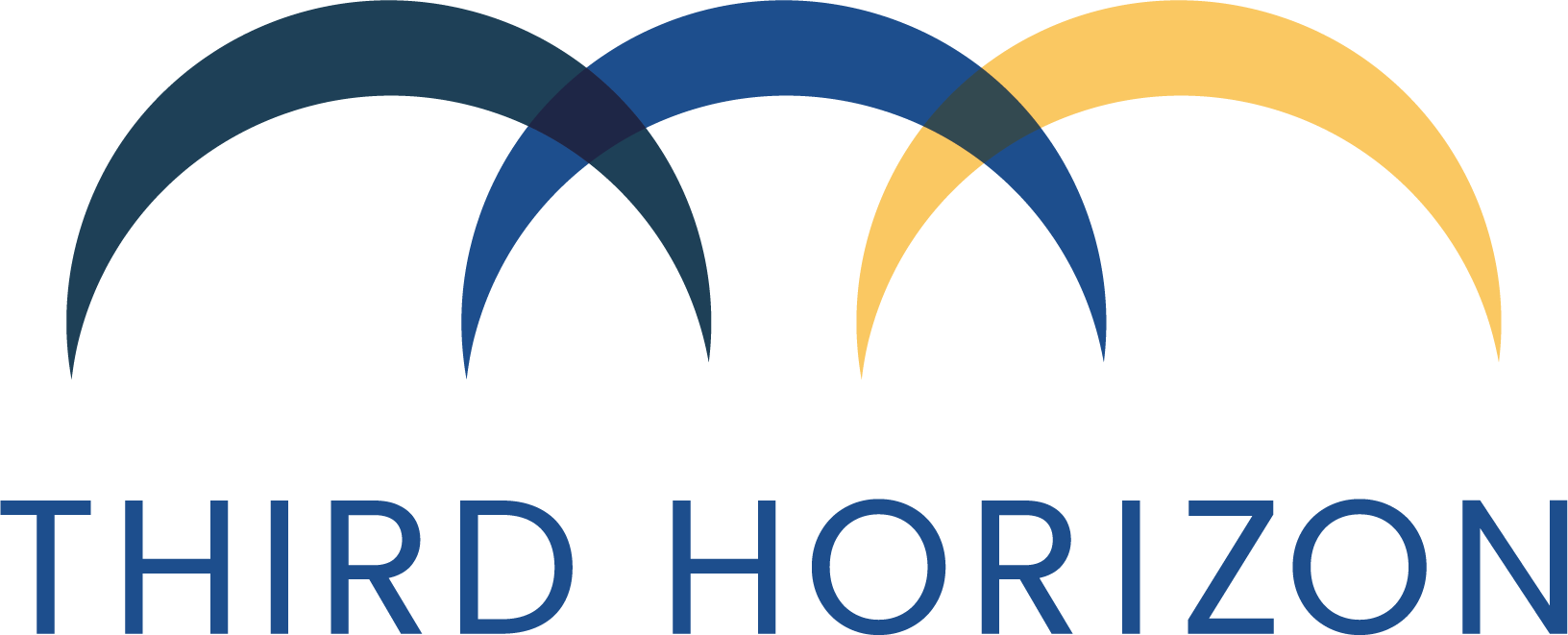Access & Coverage:
- HHS revoked Medicaid work requirements in Ohio, South Carolina, and Utah. Thus far, Georgia is the only state where such rules haven’t been formally rescinded as the Biden administration continues to roll back former President Donald Trump’s health policies. HHS, which is also asking for additional public comments on Tennessee’s demonstration project, said requiring low-income adults to work in order to get Medicaid coverage could lead to a drop in enrollment without increasing employment, the aim of such requirements. (Articles here and here)
Life Sciences:
- The CDC officially recommended pregnant people get vaccinated against COVID-19. The agency’s previous guidance said pregnant people were “eligible” and merely suggested a conversation with their health care provider. According to the CDC, evidence about the safety and effectiveness of COVID-19 vaccination during pregnancy has been growing, and the benefits of receiving a COVID-19 vaccine outweigh any known or potential risks of vaccination during pregnancy. (Articles here, here, here, here, here, and here)
- The FDA is working to amend the emergency use authorizations for Pfizer and Moderna’s vaccines today to allow for a third dose for immunocompromised people. An outside advisory committee is meeting Friday to discuss and make recommendations on the boosters, including the qualifying health conditions. A small, but rigorous, study published in the NEJM found that a third dose of Moderna’s COVID-19 vaccine substantially improved protection for organ transplant recipients whose weak immune systems don’t always rev up enough with the standard two shots. (Articles here, here, and here)
Opioid/Substance Use Disorders:
- A KFF analysis found that the recent uptick in substance use is disproportionately affecting Black and American Indian and Alaska Native (AIAN) people. Drug overdose death rates were highest for AIAN (29.8 per 100,000) people, followed by Black (27.3 per 100,000) and White (23.6 per 100,000) people as of 2020. The analysis also found that only 10 percent of individuals with a substance use disorder actually received care. Twenty-four percent of those needing services did not know where to find them and 21 percent said they did not have health insurance and were unable to afford the cost. (Analysis here)
Payers:
- The Department of Veterans Affairs said it will not cover Biogen Inc.’s new Alzheimer’s disease drug because of safety concerns and a lack of evidence that the treatment provides “a robust and meaningful clinical benefit.” However, the agency will make exceptions for “highly selected patients.” Biogen previously said it hoped to form a multi-year agreement with the VA to provide access to the drug throughout its health system. (Article here)
- Regence announced that the Washington State Health Care Authority (WA HCA) will join its value-based Episodes of Care program effective January 2022. To date, the program has reduced episodic costs for orthopedic procedures by 16 percent compared to what those procedures have cost historically. As the state’s largest health care purchaser, WA HCA will bring 363,000 people to the program. (Press release here)
- Alignment Healthcare announced it will expand into 16 new markets for the 2022 plan year, nearly doubling its footprint. The plans will be available in 38 markets across Arizona, California, Nevada, and North Carolina, reaching 6.9 million potential beneficiaries. The startup insurer is also launching new PPO plan designs that include a virtual component, pending regulatory approvals, and has inked a deal with Cedars-Sinai Medical Center to bring the provider into its network. (Press release here)
Providers:
- A new study published in Health Affairs found that the average price of a colonoscopy at the top 10 percent of hospitals was at least $3,677 — about 4.6 times the national average Medicare reimbursement rate of $793. The median commercial negotiated price for a colonoscopy among the remaining 90 percent of hospitals ranged from $44 to $3,676. Researchers found only about a quarter of the nation’s general acute care hospitals — 1,225 in all — disclosed commercial negotiated prices for colonoscopies as of July 2021. (Article here)
Public Health/Prevention:
- California Governor Gavin Newsom announced that all teachers and staff in every school district will be required to be vaccinated against COVID-19 or submit to weekly testing. California is the first state to implement vaccine requirements for all school staff. The state also requires students and staff to wear masks inside schools. The move comes as more than 98 percent of U.S. residents now live in an area with a “high” or “substantial” risk of COVID-19 community transmission. Just last month, that figure was at only 19 percent. (Articles here, here, here, here, and here)
